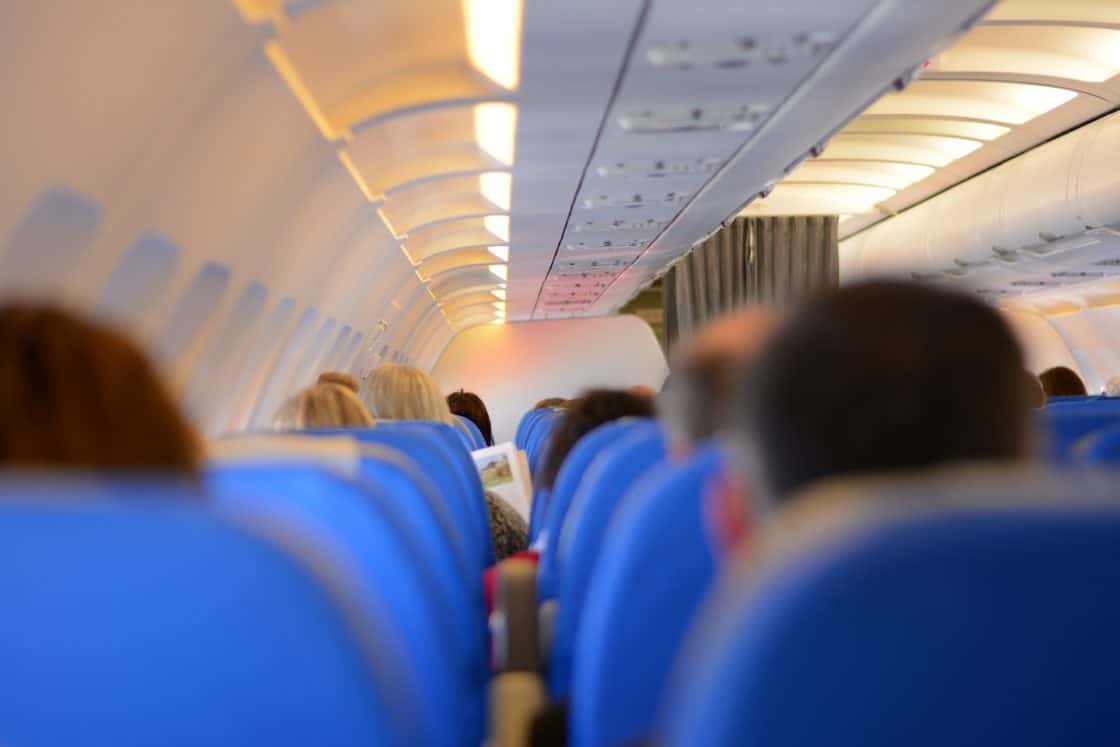Thursday 13 June 2019Media release3 minutes to read
THIS IS AN ARCHIVED PAGE. The advice and information contained in this page may not be current and it should only be used for historical reference purposes.

A passenger arriving in Christchurch on a flight has been confirmed as having measles
A passenger arriving in Christchurch on Jetstar Flight number JQ237 from Auckland on 6 June has been confirmed as having measles. While still infectious, they also flew back to Auckland on flight JQ236 on 8 June.
This person travelled while infectious, and the Canterbury Community and Public Health team wants to alert all passengers and crew on this flight that they have been exposed to measles:
- Jetstar Flight JQ237 left Auckland at 3.55pm on 6 June local time and arrived in Christchurch at 5.20pm
- Jetstar Flight JQ236 left Christchurch at 1.55pm on 8 June local time and arrived in Auckland at 3.20pm.
Anyone who travelled on these flights who isn’t sure they have been fully immunised should check their immunisation status with their General Practice team/family doctor. You are only fully protected if you have had two doses of the MMR vaccine, had clinically confirmed measles, or if you were born before 1969. Any passenger or crew on JQ237 on the 6 June or on JQ236 on 8 June who is not fully protected should stay at home and remain isolated until 22 June.
Dr Alistair Humphrey, Canterbury Medical Officer of Health says this means staying home from school or work and having no contact with unimmunised people.
“They can return to work if they are still not unwell on Saturday 22 June,” says Dr Humphrey.
Anyone who becomes unwell with the follow symptoms over the next week should phone their doctor for advice:
- A respiratory type of illness with dry cough, runny nose, headache
- Temperature over 38.5C and feeling very unwell
- A red blotchy rash starts on day 4-5 of the illness usually on the face and moves to the chest and arms.
At risk passengers from these flights should not go to their general practice or to the hospital unless it is an emergency or they are advised to do so by a doctor or nurse as they will infect more people. In Canterbury you can call your own GP team after hours and be put through to a nurse who can provide advice at any time of day or night – or people from outside Canterbury and living elsewhere in New Zealand can call Healthline on 0800 611 116.
Measles Facts
- Measles is a highly infectious viral illness spread by contact with respiratory secretions through coughing and sneezing
- Symptoms of measles include:
- A respiratory type of illness with dry cough, runny nose, headache
- Temperature over 38.5 C and feeling very unwell
- A red blotchy rash starts on day 4-5 of the illness usually on the face and moves to the chest and arms.
- People are infectious from five days before the onset of the rash to five days after the rash starts.
- Infected persons should stay in isolation – staying home from school or work – during this time.
- The best protection from measles is to have two MMR vaccinations. MMR is available from your family practice and is free to eligible persons.
- People are considered immune if they have received two doses of MMR vaccine, have had a measles illness previously, or were born before 1969.
- Anyone believing they have been exposed to measles or exhibiting symptoms, should not go to the ED or after hours’ clinic or general practitioner. Instead call your GP any time, 24/7 for free health advice.
More information about measles is available at https://www.health.govt.nz/your-health/conditions-and-treatments/diseases-and-illnesses/measles or the New Zealand Immunisation Advisory Centre.
ENDS
Tags MeaslesPublic health
Related topics
Public Health
Back to Health News

